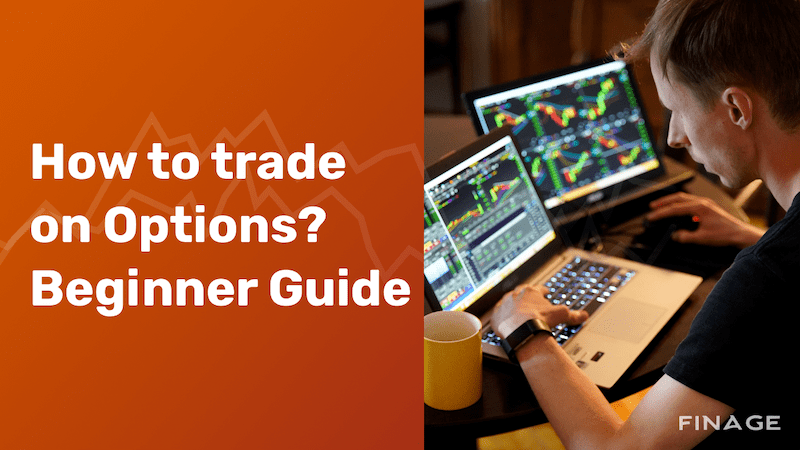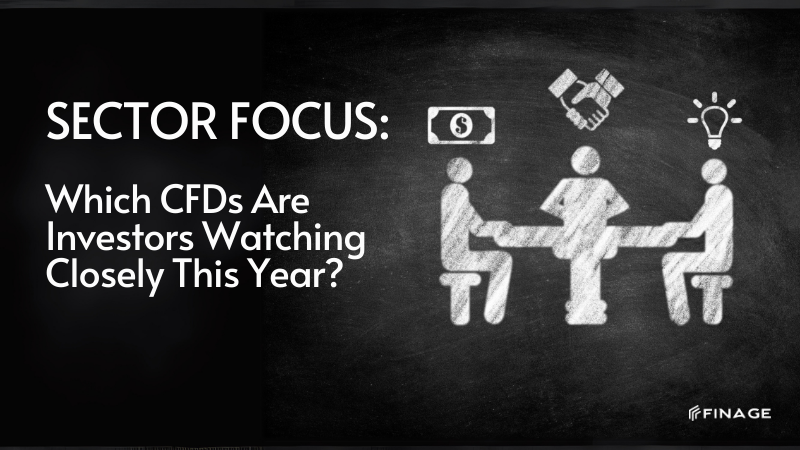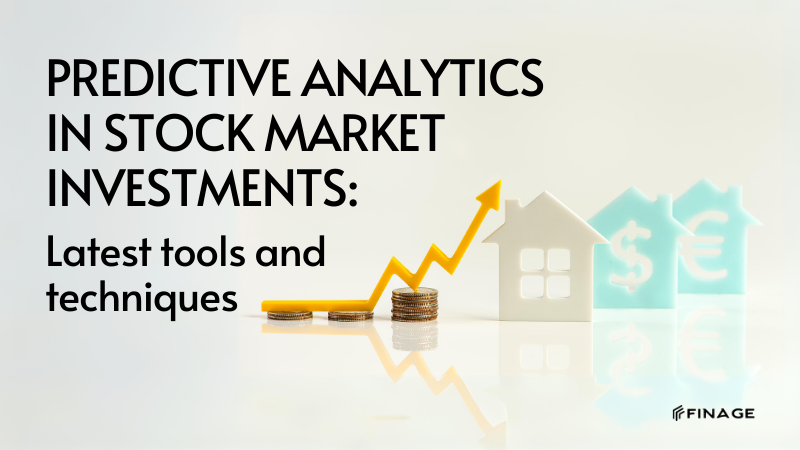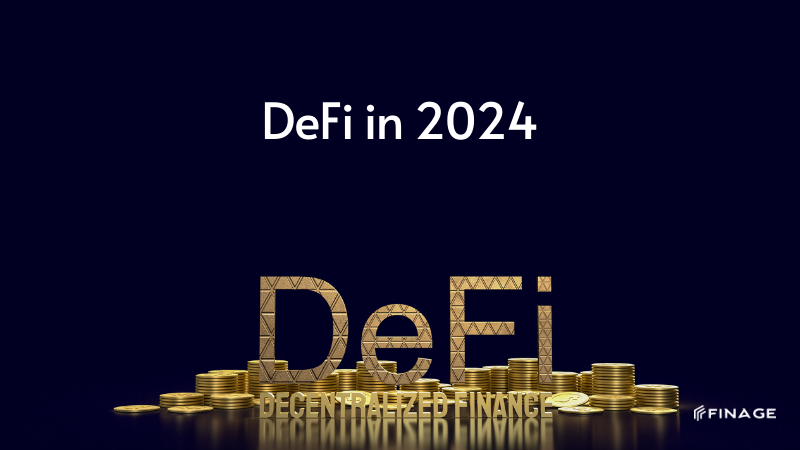Back to Blog
by Finage at January 15, 2022 3 MIN READ
Stocks

How to Trade on Options? Beginner Guide
Stephen Callahan, vice president of customer service at Firstrade, a fintech brokerage firm that offers options traders zero commissions, zero options, says Options trading can be a great way to increase your income, limit your risk and hedge against market fluctuations at the same time. Contract fees and no deposit minimums, maintenance or inactivity fees.
For these reasons, options can complement the stocks in your portfolio. When investors combine the two, they have more possibilities than when they buy and sell stocks alone. Callahan explains that options can act almost like an insurance policy. For example, if a stock you own drops in value, buying certain types of options can help offset potential losses on your stock.
What Are the Options?
An option is a contract that gives the investor the right to buy or sell a certain stock or ETF at a certain price for a certain period of time, but for a certain period of time. from days to years. When the specified time expires and the option expires, it no longer has value and no longer exists.
Unlike stocks, an option does not represent ownership in the underlying company. Since this is a contract, it represents property potential. But for this to happen, it has to be used.
Two Types of Options
Before trading options, you need to understand its language, and that includes understanding its two variants: calls and puts. Frederick spares them for us:
Call options: These give the holder (the buyer) the right to purchase a certain number (usually 100) shares of a stock or ETF at the strike price at any time until the contract expires.
Put options: These give the holder the right to sell a certain number of shares or ETF shares at the strike price at any time until the contract expires.
This is a basic explanation of options, but getting involved also means understanding the different long and short positions an investor can take. While a stock position can usually be held for a very long time, all options eventually expire. As expiration dates approach, options often lose value and can become worthless. Market volatility near expiration can also increase an investor's risk that an option will have no value when it expires. Callahan says whether you choose a buy or sell option and the decision to buy or sell depends on what you want to achieve as an options trader. It's never a good idea to choose an option for your portfolio without doing your research and whether it matches your investment goals.
Are Options Risky?
Options trading is known to be quite risky, in part because of how complex it can be to understand. That's why it's so important for investors to know how options work before getting involved. Investing your money in something you don't understand is never a wise financial move. The risk you take as an options trader ultimately depends on your role in the contract and your strategy, as there are multiple strategies you can employ using different combinations of options.
“Options markets offer bullish and bearish strategies, hedging and speculative trading opportunities, and varying degrees of risk and profit potential,” says Frederick. “Option strategies can be based on time value, volatility or even interest rates.”
However, options traders can lose as little as a small premium prepaid or experience unlimited losses — their initial investment plus indefinitely. When a trade moves against them and the money seems to expire. Depends on the strategy used. Because options strategies can involve significant risk, you will find that some brokers impose strict guidelines and qualification criteria that require traders to meet certain requirements.
Conclusion
Now that you have an idea of what the options are, the two different types, and the levels of risk, I hope you can make an easier decision if they are right for you. You may feel tempted to jump on the bandwagon of options, but the most important takeaway is that you know ahead of time what you're getting into.
Given the increasing client complexity and increasing interest in opening new options accounts, we believe investor education, ranging from beginner to advanced topics, is more important than ever. We hope that this blog post will be beneficial for you. We will continue to create useful works in order to get inspired by everyone. We are sure that we will achieve splendid things altogether. Keep on following Finage for the best and more.
You can get your Real-Time and Historical Market Data with Finage free Market Data API key.
Build with us today!
Featured Posts

Sector Focus: Which CFDs Are Investors Watching Closely This Year?
April 24, 2024

What's New at Finage: Latest Features and Services for 2024
April 23, 2024

Predictive Analytics in Stock Market Investments: Latest Tools and Techniques
April 22, 2024

NFTs in the Entertainment Niche & Its Role in the Web3 Ecosystem
April 21, 2024

DeFi in 2024: Exploring the Growth & Impact on Traditional Financial Services
April 20, 2024
Categories
Forex
Finage Updates
Stocks
Real-Time Data
Finage News
Crypto
ETFs
Indices
Technical Guides
Financial Statements
Excel Plugin
Web3
Tags
What Are the Options?
Two Types of Options
Call Options data api
Put Options data api
Are Options Risky?
Join Us
You can test all data feeds today!
Start Free Trial

If you need more information about data feeds, feel free to ask our team.
Request Consultation
Back to Blog
Please note that all data provided under Finage and on this website, including the prices displayed on the ticker and charts pages, are not necessarily real-time or accurate. They are strictly intended for informational purposes and should not be relied upon for investing or trading decisions. Redistribution of the information displayed on or provided by Finage is strictly prohibited. Please be aware that the data types offered are not sourced directly or indirectly from any exchanges, but rather from over-the-counter, peer-to-peer, and market makers. Therefore, the prices may not be accurate and could differ from the actual market prices. We want to emphasize that we are not liable for any trading or investing losses that you may incur. By using the data, charts, or any related information, you accept all responsibility for any risks involved. Finage will not accept any liability for losses or damages arising from the use of our data or related services. By accessing our website or using our services, all users/visitors are deemed to have accepted these conditions.